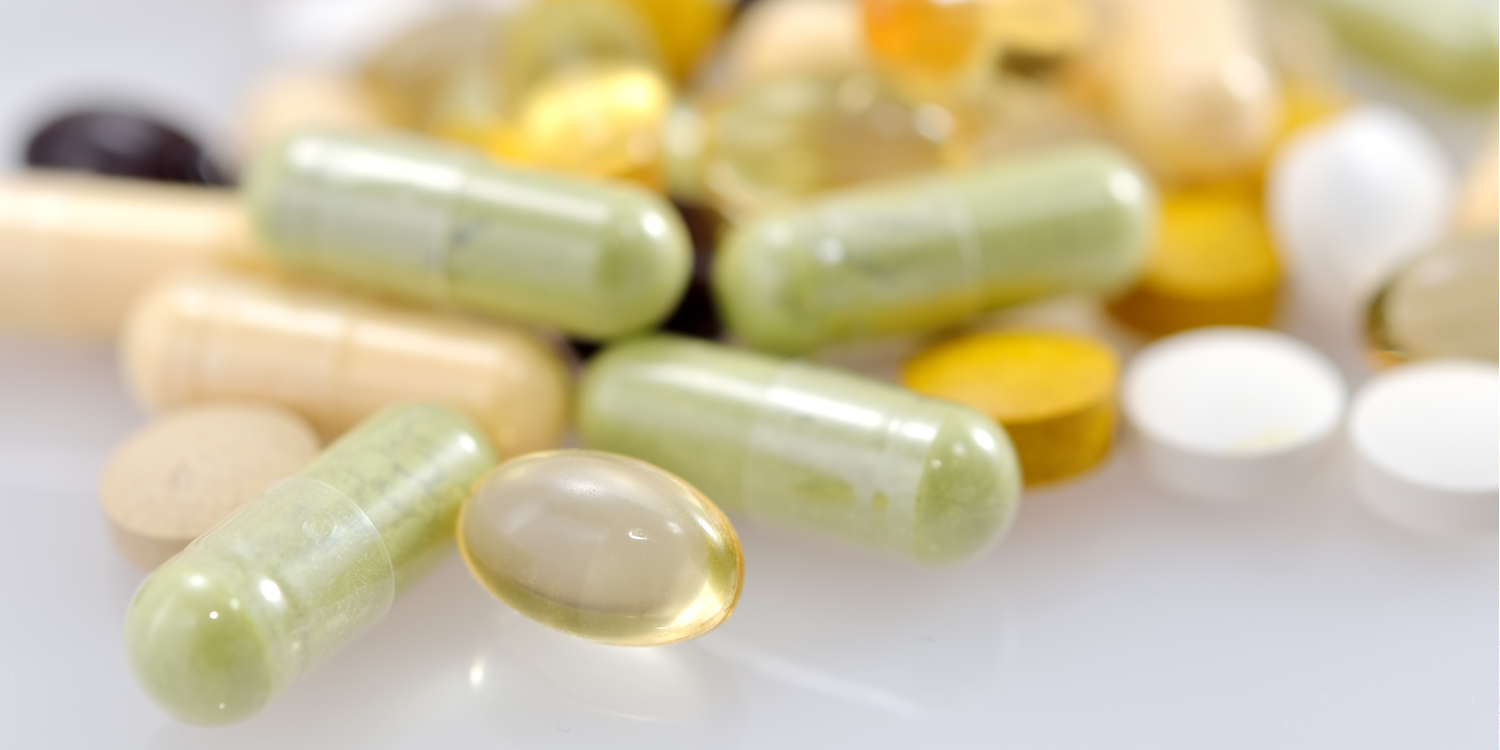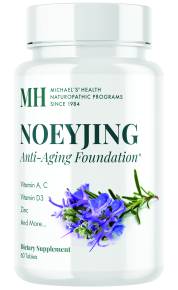A supplemental report

At first, the Frontline documentary aired on PBS January 19 looked a lot like the same old criticisms of the natural products industry in a new, dark package. And it did include a number of claims from perennial supplement critics whose dismissal of peer-reviewed supplement studies was accompanied by foreboding music and quizzical looks from interviewer Gillian Findlay. (The first 10 minutes of the hour-long special were devoted to a single manufacturer of a mail/web-order product that was tainted with anabolic steroids, for example.)
And although New York Attorney General Eric Schneiderman has as much as admitted that the testing methodology his office employed to go after the industry last year was faulty, he reasserted the findings of those tests in this week’s documentary. They included one claim that 100 percent of brands of one herbal supplement tested negative for the herb itself. Most scientists would say such a dramatic finding would be a signal to stop the testing and check the testing processes, but there’s no indication the lab Schneiderman used, one that didn’t specialize in botany or other sciences involving supplements, took that step.
There was nothing in this documentary that hadn’t been “exposéd” before.
What was missing is actually the key to this discussion. While the Frontline documentary found some heinous examples of weight-loss pill injuries and rancid fish oils, it didn’t discuss what the industry has been doing to rid itself of bad actors and encourage transparency in manufacturing. Since the US Food and Drug Administration doesn’t regulate supplements like it does pharmaceuticals and over-the-counter drugs, aside from assuring Good Manufacturing Practices and responding to complaints, it’s up to the industry itself to keep charlatans from hurting people—and the industry at large.
As part of an ongoing discussion on supplement adulteration—contamination with substances not listed on the label—industry leaders have taken part in summits, workshops, and other meetings to discover the extent of the problem, determine the best testing techniques, and promote transparency across the board. A recent note to readers from the American Botanical Council, a leading voice in the industry, said the upshot of recent meetings was that “dietary supplement adulteration is an increasingly important matter and that efforts to educate on the issues and provide solutions to the problems are much needed.”
And, since transparency in the manufacture of supplements appears to drive greater consumer demand, there is strong motivation for companies to be open about their practices. Some companies, like MegaFood, which does its chemical analysis of supplement ingredients on site in Derry, NH, give consumers a way to watch their products being manufactured online. Gaia Herbs offers its Meet Your Herbs program, a way to trace the ingredients in the supplement you buy from farm to capsule. Nordic Naturals makes available detailed descriptions of sourcing and manufacturing practices as well as third-party certificates of analysis of its products.
For consumers, these efforts mean the best way to assuage any fears—accessing information to learn what companies you can trust—is continually getting easier.
Meanwhile, as Alan Siddal pointed out last month, the fish oil, vitamin D, herbs, multivitamin/minerals, probiotics, and other products many people in this country rely on to supplement our often sketchy diets have been proven safe and reliable in hundreds of studies.
And reports of damage from those regulated pharmaceuticals and over-the-counter drugs keep rolling in.
Donna Moxley
Donna Moxley is the former managing editor at tasteforlife.com.
Don't Miss a Thing!
Get the latest articles, recipes, and more, when you sign up for the tasteforlife.com newsletter.

